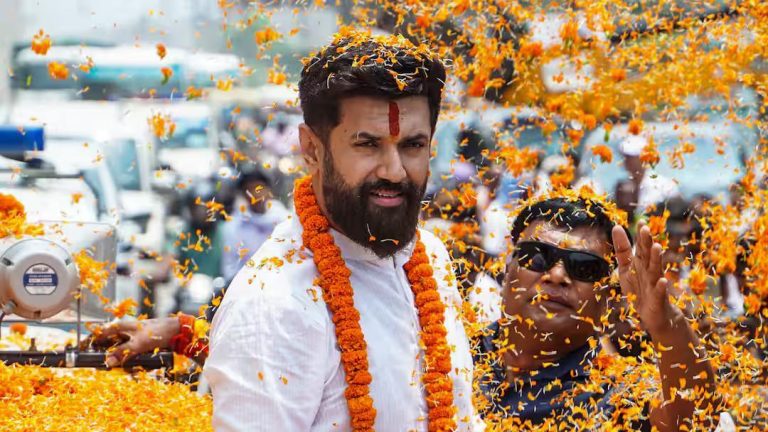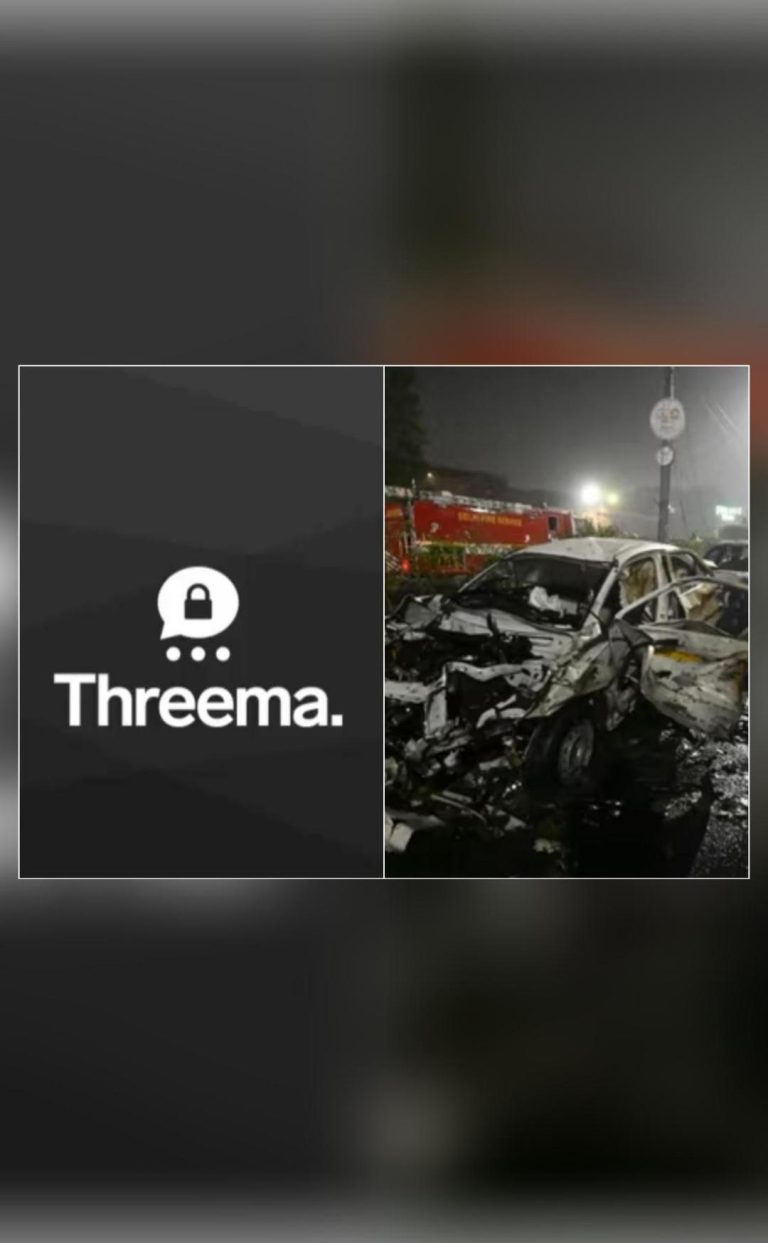
A ‘particular community’ vandalised Hindu temple & shops: Adhikari
Recent events in South 24 Parganas district have left a trail of destruction and desecration in their wake. A Hindu temple and several shops were vandalized by an unruly mob belonging to a particular community, leaving several people injured. The shocking incident has sparked outrage and concern in the region, with the Leader of the Opposition in West Bengal Assembly and BJP leader Suvendu Adhikari speaking out against the violence.
In a statement, Adhikari condemned the vandalism, stating that the police presence did little to deter the attackers. “An unruly mob belonging to a particular community vandalised a Hindu temple, houses, and shops, and injured several of them, in the Police’s presence,” he wrote on X.
The incident has raised questions about the ability of law enforcement to protect vulnerable communities from targeted violence. The fact that the attackers were able to cause such destruction in the presence of the police is a stark reminder of the need for greater action to prevent such incidents in the future.
The vandalism has also sparked concerns about the safety and security of Hindu communities in the region. As the attacks unfolded, many residents were left feeling vulnerable and powerless to stop the violence. The incident serves as a stark reminder of the ongoing challenges faced by Hindu communities in West Bengal, who often find themselves at the receiving end of communal violence.
The incident has also raised questions about the role of political leaders in fueling communal tensions. While Adhikari has condemned the violence, some critics have accused him of using the incident to score political points. The BJP leader has long been a vocal critic of the Trinamool Congress government in West Bengal, and some have suggested that his comments are part of a broader effort to mobilize Hindu voters ahead of the upcoming elections.
However, Adhikari’s comments should not be dismissed as mere political posturing. The fact that the vandalism was carried out by an “unruly mob belonging to a particular community” suggests that the violence was targeted and intentional. The police’s failure to intervene effectively only serves to exacerbate the situation, leaving Hindu communities feeling vulnerable and unprotected.
The vandalism has also raised questions about the role of social media in fueling communal tensions. In the aftermath of the incident, many social media users took to platforms such as Twitter and Facebook to share images and videos of the destruction, often accompanied by inflammatory rhetoric and hate speech. While some have argued that social media can be a powerful tool for mobilizing support and promoting social change, others have suggested that it can also be used to fuel hate and division.
In the aftermath of the vandalism, the West Bengal government has promised to take action to prevent future incidents of communal violence. The state’s Chief Minister, Mamata Banerjee, has condemned the violence and promised to ensure that those responsible are brought to justice. However, many residents remain skeptical, citing a long history of inaction and complacency by the government in the face of targeted violence.
The vandalism has also raised questions about the role of religious leaders in promoting peace and harmony. Many religious leaders have spoken out against the violence, calling for calm and urging residents to reject hatred and intolerance. However, others have been accused of using their platforms to fuel communal tensions, often by making inflammatory remarks or promoting divisive rhetoric.
In conclusion, the vandalism of a Hindu temple and several shops in South 24 Parganas district is a stark reminder of the ongoing challenges faced by Hindu communities in West Bengal. The incident highlights the need for greater action to prevent such incidents in the future, as well as the need for greater understanding and empathy between communities.
As we move forward, it is essential that we recognize the importance of promoting peace and harmony, rather than fueling hate and division. We must also acknowledge the role of social media in fueling communal tensions, and work to promote a more positive and inclusive online environment.
Finally, we must demand greater action from our political leaders to protect vulnerable communities from targeted violence. The fact that the police were unable to intervene effectively in the aftermath of the vandalism is a stark reminder of the need for greater resources and support for law enforcement agencies in the region.






